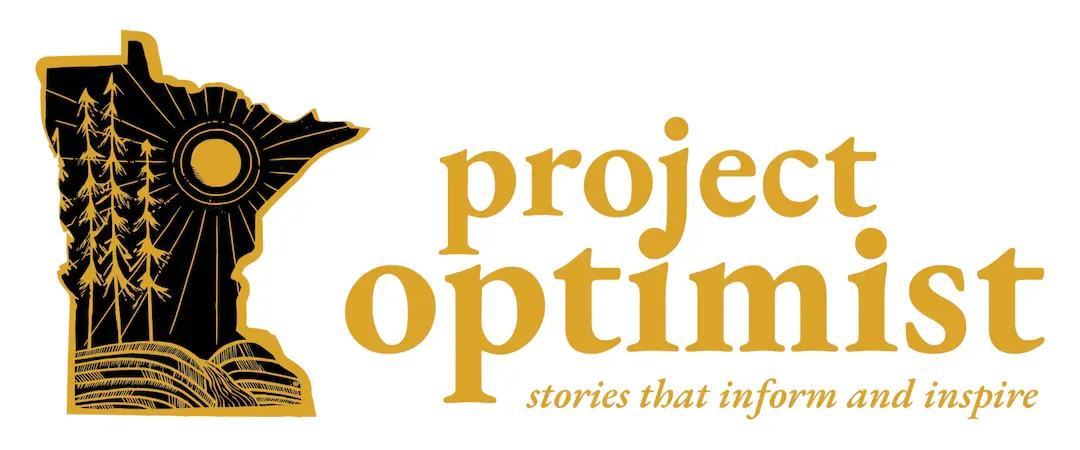Can community-led initiatives bridge Minnesota's Latino mental health gap?
While Minnesota’s Latino population surged by nearly 38% from 2010 to 2020, the mental health system has not kept pace.
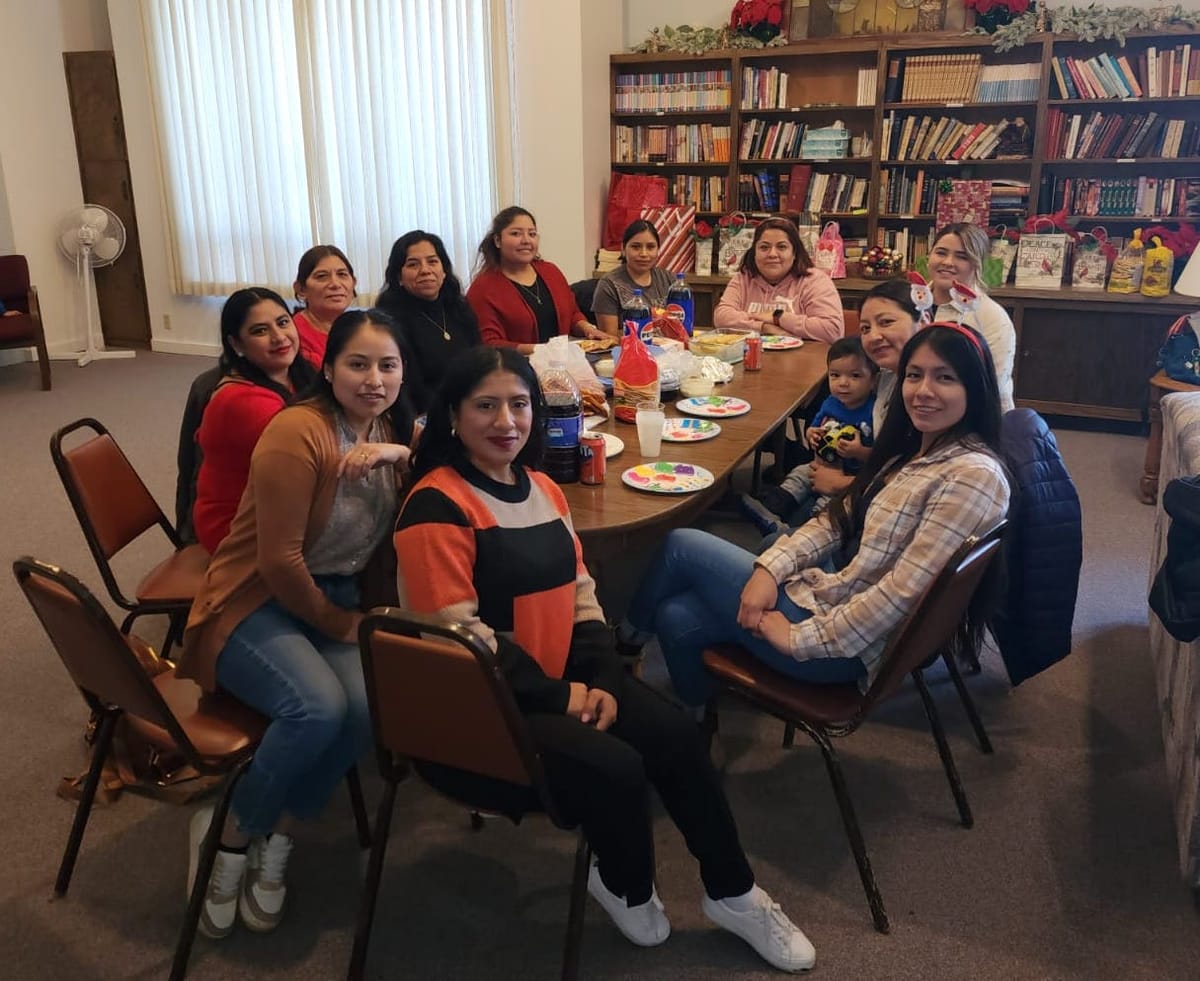
María García never imagined the quiet isolation that would settle upon her after moving to Minnesota. Eight years ago, she followed her husband from Mexico, hopeful for a new beginning. Instead, she found herself in a world that felt cold, unwelcoming, and silent when it came to her inner struggles.
“I think I had depression, but I didn’t know how to talk about it," she recalled. “At the time, I didn’t know anyone who could help me, and I didn’t know if there were mental health services in my language.”
Like many Latinos in rural Minnesota, García faced not only a cultural shift, but a lack of accessible mental health resources.
Sign up for Project Optimist's newsletter
Solution-focused news, local art, community conversations
It's free. No spam. Unsubscribe anytime.
While Minnesota’s Latino population surged by nearly 38% from 2010 to 2020, the mental health system has not kept pace. About 82% of licensed providers are concentrated in metro areas, leaving rural communities underserved. And only 1.4% of practitioners identify as Hispanic/Latino, which creates significant barriers due to language differences, cultural stigmas, and a lack of culturally competent care, Minnesotans and community organizers told Project Optimist.
Community members and advocates spoke with Project Optimist about the impact of these disparities and the grassroots work underway to meet the need.
Creating connections
The issue goes beyond numbers — it's about building trust and understanding.
"People need someone who not only speaks Spanish, but who understands the culture," said Alma Contreras, assistant director for the Morris community group Conexiones.
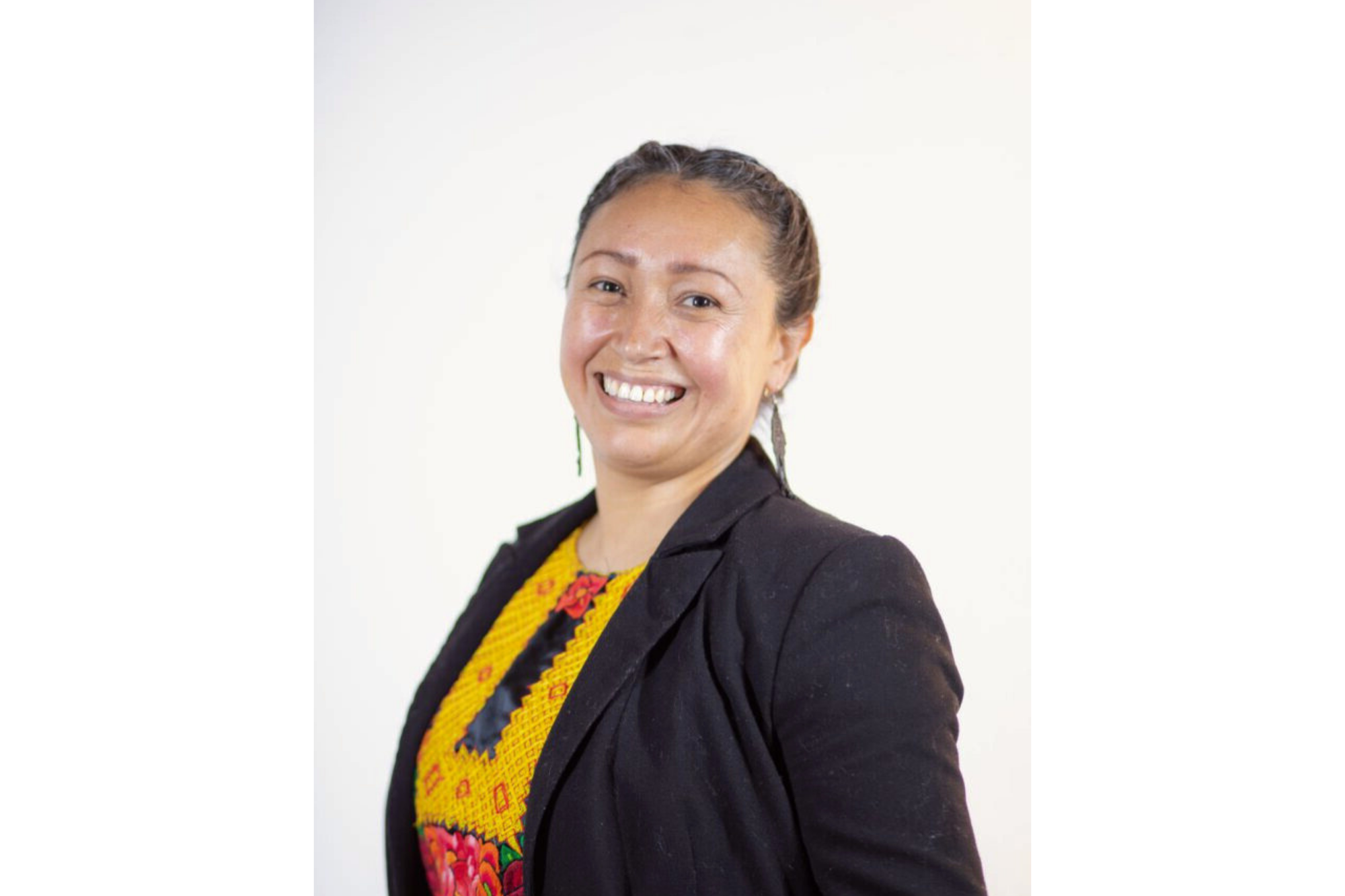
For many Latino immigrants, the journey includes navigating cultural differences and practical hurdles like transportation, all while facing a health care system that can feel inaccessible.
Zulema Korkowski Gonzalez, a Spanish interpreter who works with crisis teams in rural areas, echoed this reality.
“What I can say is that all of my area hospitals and clinics have access to immediate interpretation services via video conferencing,” she said. “Social services, WIC, and public health rely on phone interpretation services.”
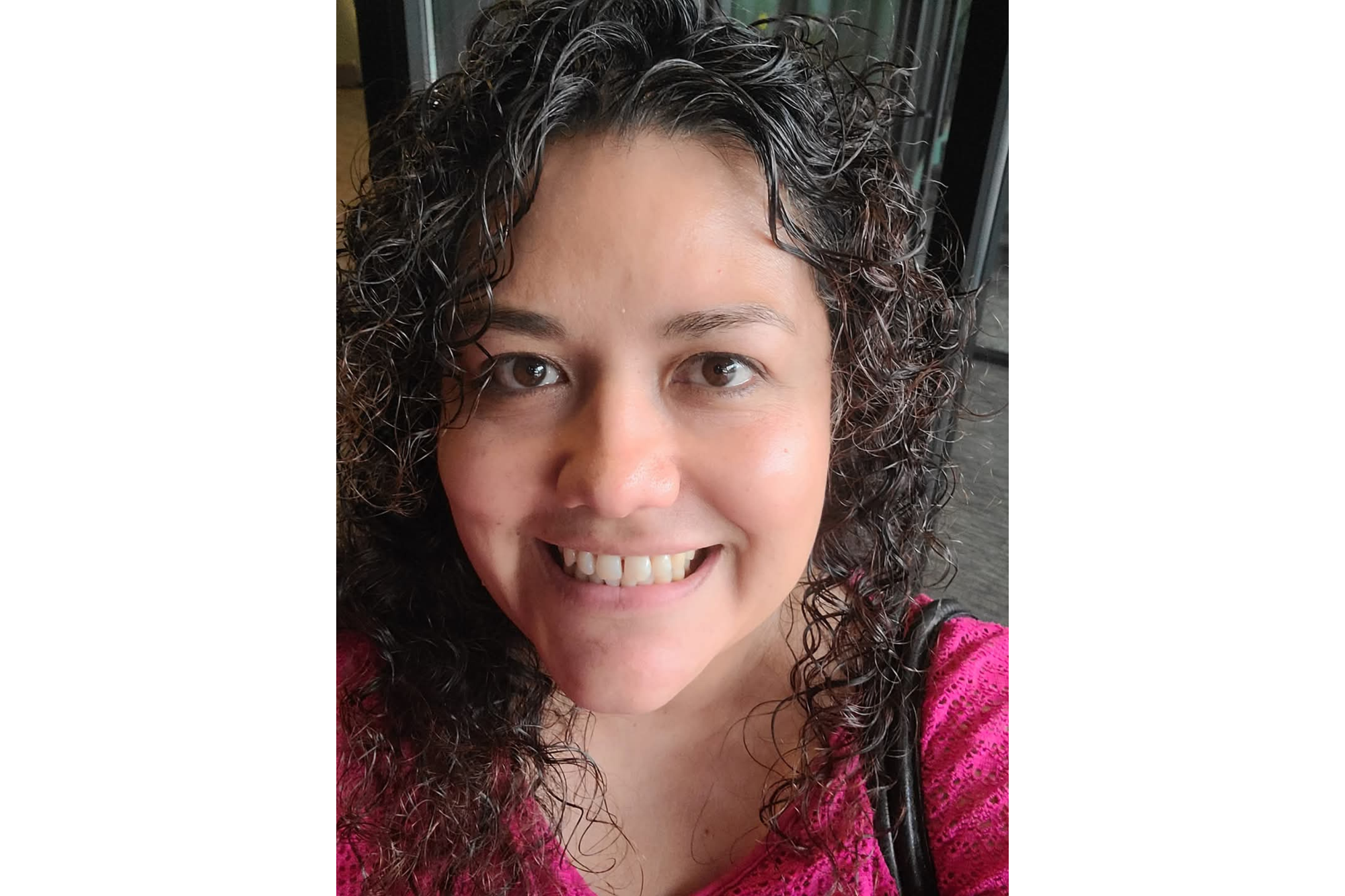
While video tools like iPads or mobile screens provide a lifeline in emergencies, the absence of consistent in-person or culturally competent providers continues to leave families vulnerable.
“Yet, families do what they think is best when interpretation is limited or nonexistent,” Korkowski Gonzalez said.
Korkowski Gonzalez regularly works with individuals in vulnerable moments, whether they are at home, in jail, or in the hospital. “In crisis work, it’s whoever is in a crisis,” she explained.
But not everyone who turns to the crisis team has called a hotline or is in immediate danger.
“Some people need emotional support and recur to the crisis team,” she said, and pointed to a growing need for accessible, culturally aware mental health care in everyday life.
Beyond language, other obstacles stand in the way. Financial burdens are a reality for many Latinos who work in industries that lack health insurance, which makes therapy an unaffordable option, Contreras said. Data from the Kaiser Family Foundation showed Latinos are more than twice as likely to be uninsured compared to non-Hispanic whites.
Cultural stigma surrounding mental health within the Latino community also plays a role. The ingrained sentiment to avoid talking about personal challenges, often leads individuals to suffer in silence, according to the National Alliance on Mental Illness.
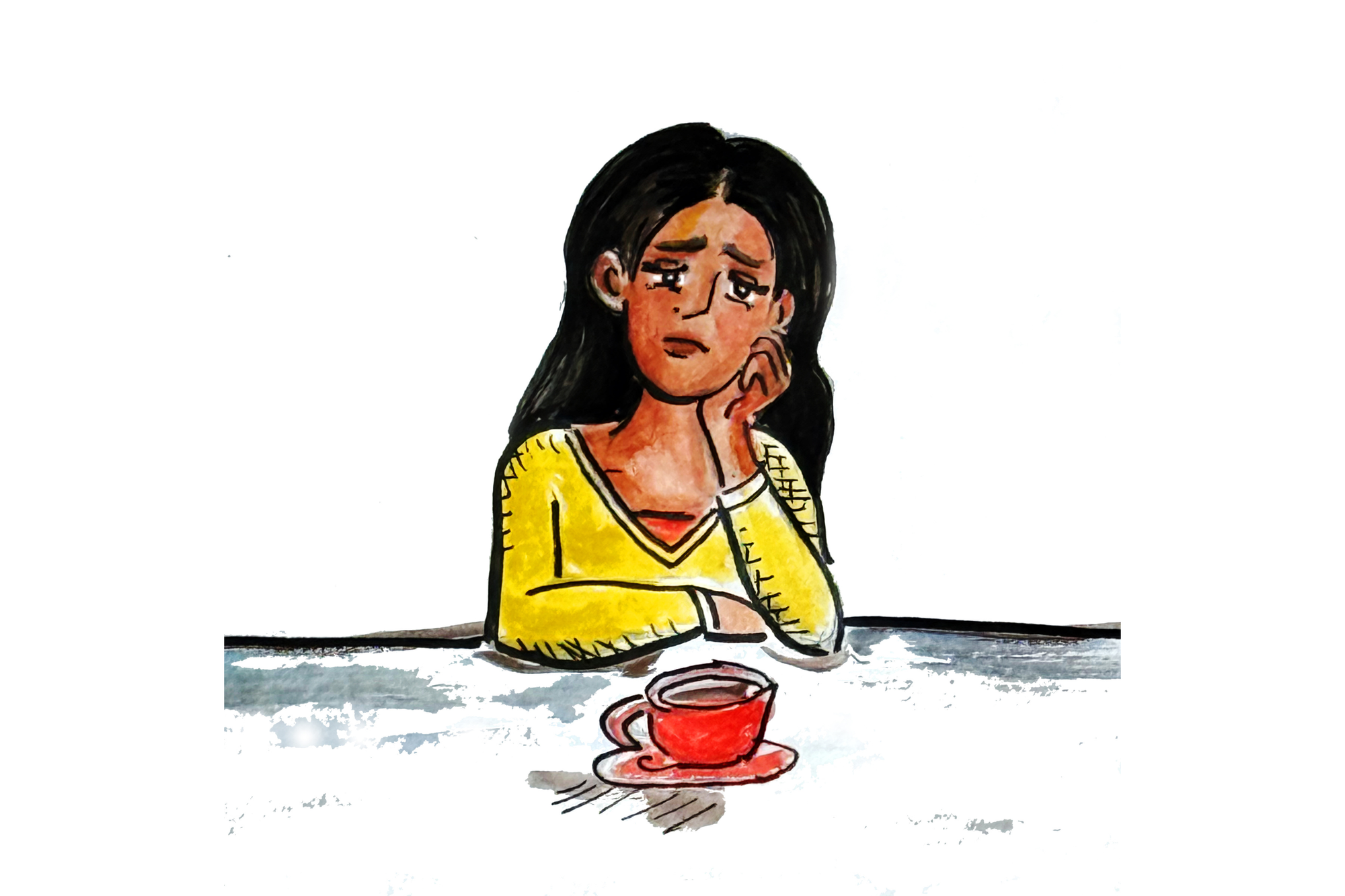
Even telehealth, increasingly embraced nationwide, isn't a simple solution. Latino patients are less likely to utilize these services, and often cite technological barriers and prefer the personal connection of in-person care. Furthermore, research points to disparities in suicide risk within the Hispanic community. From 2000-2015, the suicide risk among Hispanic young adult women rose 50%, according to a 2018 study.
Community programs can fill gaps
Despite these challenges, community-led solutions are emerging as beacons of hope. Organizations like Conexiones have taken a holistic approach, focusing on connection and well-being. Their initiatives, such as "Buscando la Felicidad" and "Viviendo al Máximo," offer culturally relevant tools and build a sense of belonging.
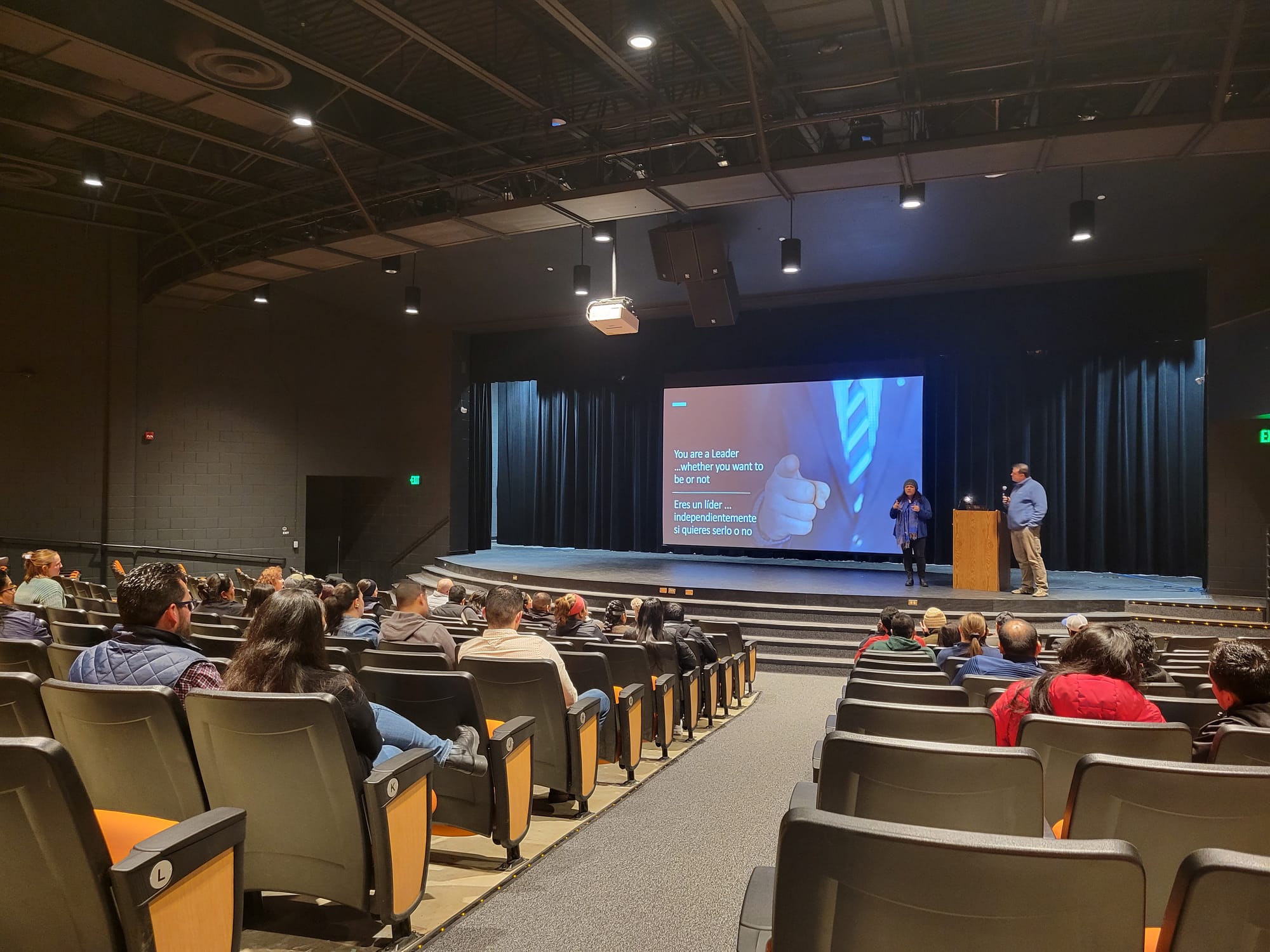
Conexiones creates spaces where people feel seen and understood. They organize gatherings, provide relocation support, and collaborate with local schools. These efforts are crucial, as García said she found solace and strength in a women’s support group supported by the organization.
Korkowski Gonzalez also highlighted the yearning for such community support, particularly in areas like Alexandria. "When I see Conexiones making connections in Morris, I wish we could replicate that (in Alexandria)," she said, reflecting the power of local action.
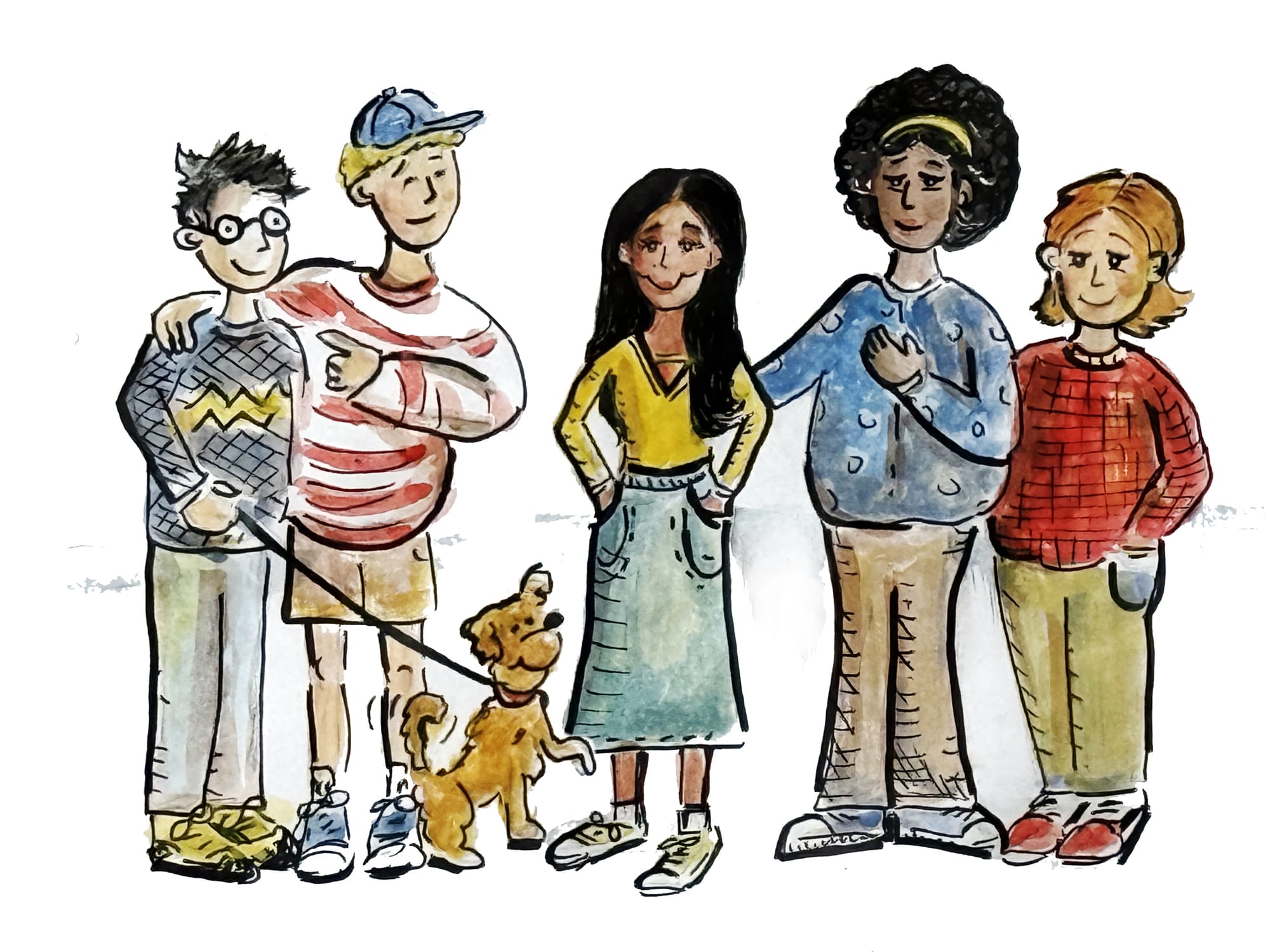
The work Conexiones does in Morris can’t always be replicated elsewhere.
As a small nonprofit, the organization faces limitations in staffing and funding, which makes it difficult to meet growing community needs.
“The opportunity to host the sessions with Dr. Corey Martin was a success, but we don’t have the resources to do it regularly or every year,” said Contreras.
The four-part series — a revival of their 2019 “Buscando la Felicidad” event — offered mental health tools, like gratitude practices, in a non-clinical setting. The final three sessions were hybrid, with Dr. Martin and Korkowski Gonzalez joining via video as an interpreter and community members participating in-person, ranging from 11 to 25 attendees. Conexiones collects feedback through participant surveys, but lacks the infrastructure to track long-term impact.
“They’re like little bandages,” Contreras said. “We don’t have the solution to heal something this big.”
What else needs to happen?
Recognizing the need, Horizon Public Health is stepping up in Alexandria. They conduct community conversations to understand the needs of Spanish-speaking residents and partner with Conexiones for bilingual events.
Horizon is also developing tools to better allocate resources and currently uses grant funding to support well-being programs.
Yet, challenges persist, including the ongoing lack of Spanish-speaking providers, transportation issues, and difficulties in recruiting bilingual professionals.
In 2025, Horizon will start to work on a GIS mapping project across five counties to better understand and visualize mental health and well-being needs at the hyperlocal level. After selecting their partners in late 2024, the team began community engagement to ensure those most impacted were involved from the start.
So, what further steps are needed for real change? Experts recommend:
- actively recruiting more bilingual and culturally competent professionals;
- expanding and supporting community-based programs like Conexiones;
- restoring accessible Spanish-language services within health care systems;
- And investing in youth career pathways that integrate culturally sensitive mental health support.
For García, the turning point wasn't a prescription or a diagnosis; it was finding a circle of Latina women who understood the unspoken language of her struggles.
“We don’t have all the answers, but we help each other find ways to heal and adapt to a new way of life,” she said.
Learn more
Contact Conexiones: conexionesmn.org/contact, 320-444-7875, autumnm@conexiones-mn.org.
Minnesota Crisis Line: Text 988, call 1-844-CRISIS2, or chat online with at 988lifeline.org.
Search for culturally and linguistically relevant mental health services for Latinos and their families at CLUES here.
Minnesota Farm and Rural Helpline offers free, confidential support 24/7. Call 833-600-2670, text FARMSTRESS to 898211, or visit their website here for more resources and information.
This story was edited and fact-checked by Jen Zettel-Vandenhouten.
